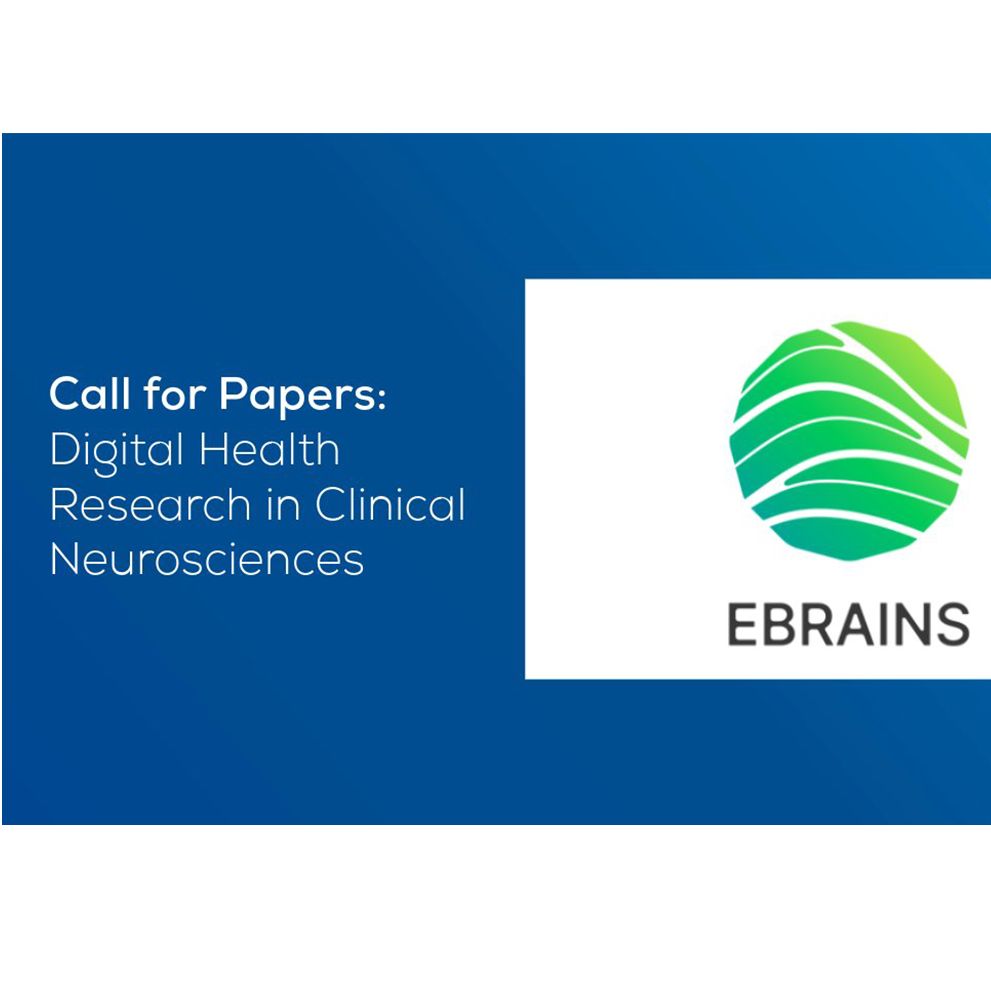
EBRAINS Germany continues to grow

The digital research infrastructure combines neuroscience and medicine with brain-inspired AI and state-of-the-art computer technology. EBRAINS Germany was founded in December 2023, and the three new members bring the number of partners to nine. The German node is coordinated by Forschungszentrum Jülich.
In EBRAINS Germany, the partners combine strong expertise in computational neuroscience, clinical research, and computer science. Among other things, they offer access to the world's most comprehensive 3D brain atlas and FAIR data, IT tools for the data protection-compliant, individual simulation of brain models (“digital twin”), modeling and AI-based analyses, as well as access to state-of-the-art computer architectures. These include high-performance computing systems up to exascale class, cloud storage services, and neuromorphic computer hardware (BrainScaleS and SpiNNaker). The modular structure of the research infrastructure enables tailor-made applications, necessary expansions, and the flexibility to integrate new services.
EBRAINS also sees itself as a platform for intensive scientific exchange. Topic-specific working groups are open to all interested parties - regardless of EBRAINS membership. EBRAINS Germany also provides young and experienced researchers from universities, research institutions, and industry with training and access to state-of-the-art tools, data, and high-performance computers.
The EBRAINS AISBL, based in Brussels, coordinates the EBRAINS research infrastructure as a central hub, which provides services across Europe via national nodes for currently around 11,000 users. In addition to EBRAINS Germany, national nodes are currently active or under construction in ten European countries.
Voices of the new partners
“Neurorobotics, a field at the interface between artificial intelligence, robotics, and the neurosciences, played an important role in the Human Brain Project. I would like to build on this time together with old and new colleagues. The simulation of brain-inspired robots not only benefits future fields of application in robotics, but also the neurosciences, as these technical systems can be used to test and improve theories about biological systems. I am therefore particularly pleased to be able to lead a corresponding working group on neurorobotics.”
TU Chemnitz, Chair of Neurorobotics
“RWTH Aachen University is one of the few technical universities in Germany with a medical faculty. This creates special opportunities and also social challenges for our research. We see EBRAINS as a central platform for the meaningful use of data, models, and software in the field of brain research. We would like to contribute our expertise in the field of modeling neural circuits and neuromorphic computing. We have a long-standing collaboration with its predecessor, the Human Brain Project - not only in the field of computer science, but also in the field of neuroscience, where we addressed the question of the general accessibility of medical data for learning models early on in the Medical Informatics Platform. We are therefore very pleased to have been accepted as an associated partner of EBRAINS Germany.”
Director of the Department of Psychiatry, Psychotherapy and Psychosomatics, RWTH Aachen University Hospital, member of JARA-BRAIN
About EBRAINS
The EBRAINS digital research infrastructure, a key outcome and legacy of the EU-funded Human Brain Project (HBP), was officially launched in 2019. Two years later, in 2021, EBRAINS was included in the Roadmap of the European Strategy Forum on Research Infrastructures (ESFRI). In its current phase, after the recent conclusion of the HBP, EBRAINS will complete the transition into a sustainable infrastructure. Through the recently approved EBRAINS 2.0 project, the European Commission is providing continued co-funding for the consolidation and further development of the EBRAINS RI during the years 2024-2026.
EBRAINS’ mission is to foster brain-related research and help translate the latest scientific discoveries into innovation in medicine and industry, for the benefit of patients and society. It draws on cutting-edge neuroscience and offers an extensive range of brain data sets, atlases, modelling and simulation tools, easy access to high-performance and neuromorphic computing resources.
News & events
All news & events
- News04 Apr 2025

- News03 Apr 2025

